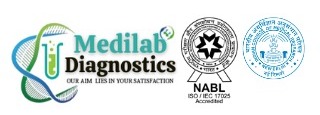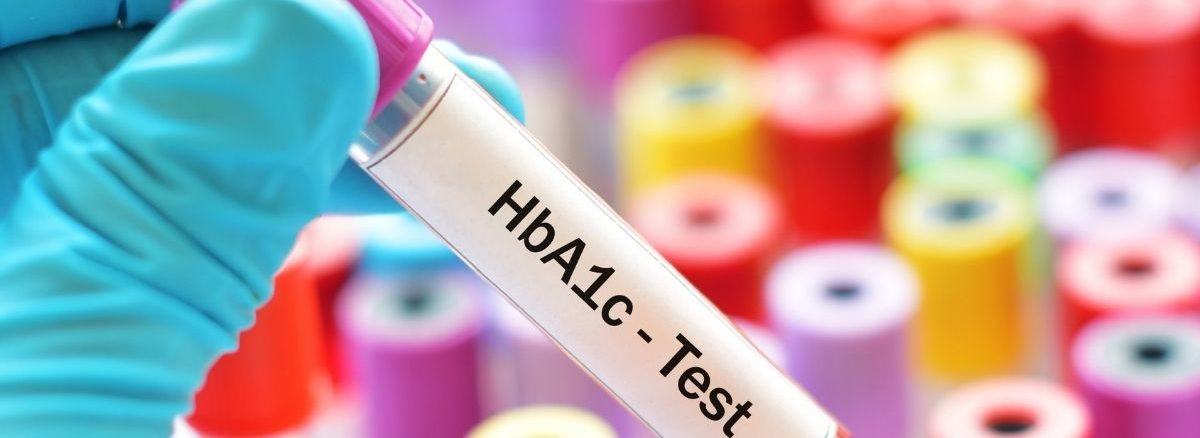What is HbA1c Test?
The Hemoglobin A1c test measures your average level of blood sugar over the past 2 to 3 months. It’s also called glycated hemoglobin test, and glycohemoglobin. This is a process in which Glucose Molecules are attached with Hemoglobin.
People who have diabetes should take this test regularly to see if their levels are staying within range. It can tell you if you need to change your diabetes medications. The HbA1c test is also used to diagnose diabetes.
Diagnostic Importance of HbA1c test?
- The HbA1c results show how effective is the medications you are using for the treatment of diabetes.
- This test measures your blood sugar over the last two to three months.
- For persons having diabetes, HbA1c numbers give a fair idea of how controlled their diabetes is. According to scientific evidence, having a lower HbA1c number means a lower risk of developing diabetes complications.
- Raised HbA1c levels have also been identified as an independent risk factor for heart disease and stroke in both diabetics and non-diabetics.
- If your HbA1c levels are normal so you can avoid other diseases caused by diabetes. uncontrolled Diabetes affects the Kidneys, liver, eyes and other parts of the body, However, if HbA1c levels are kept normal, you can avoid other diabetes-related diseases.
Reference ranges of HbA1c
- HbA1c level less than 5.7% is considered normal.
- HbA1c levels from 5.7% to 6.7% are considered prediabetes.
- Prediabetes is a slight increase of sugar than normal, if not treated or controlled can lead to type 2 diabetes.
- HbA1c levels greater than 6.4% is considered Diabetic.
What specimen will be collected for the HbA1c test?
3 to 5 ml blood will be in EDTA tube up to the black mark. The test will be run from whole blood and Mix the blood.
What are the causes of Increased HbA1c levels in blood?
- Diabetes mellitus
- Poor controlled diabetes
- Corticosteroid Treatment: Corticosteroids are steroidal medicines used to decrease inflammation. However, long-term use causes Insulin resistance.
What is Insulin Resistance?
Insulin resistance develops when cells in your muscles, fat, and liver do not respond to insulin and are unable to use glucose from your blood for energy
- Physical inactivity increased the likelihood of having high HbA1c levels in the blood due to a lack of exercise and a high food intake without physical activity.
- Increased HbA1c levels in the blood are also concerning in people who have a history of heart disease.
- Obesity can increase the likelihood of having high HbA1c levels in the blood.
- Polycystic ovary syndrome is a hormonal disorder that affects women during their reproductive years.
- They have irregular or prolonged menstrual cycles, as well as high levels of male hormone (androgen).
- The ovaries may develop a large number of small collections of fluid (follicles) and fail to release eggs on a regular basis consequently, research data.
- Cushing Syndrome: This also causes high HbA1c levels in the blood due to the production of cortisol which produces insulin resistance.
What are the causes of Low HbA1c in blood?
- Hemorrhage
- Hemolytic Anemia
- Increased use of diabetic medicines.
- People following strict diet plans.
That was all about HbA1c Test. Take good care of yourself. If you want to book a test for yourself and your loved ones Click here.


